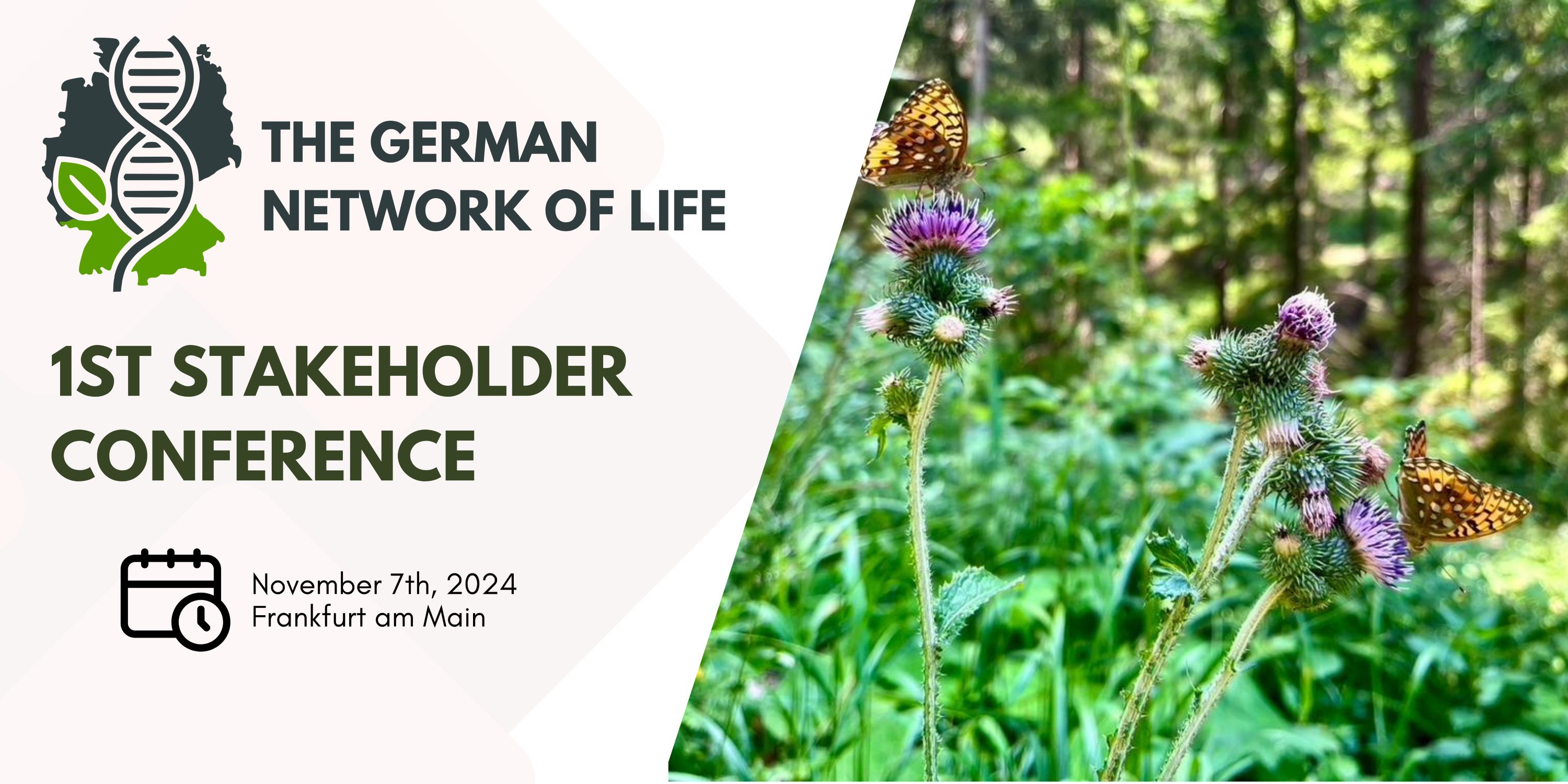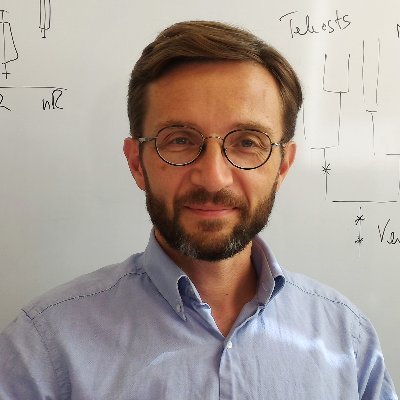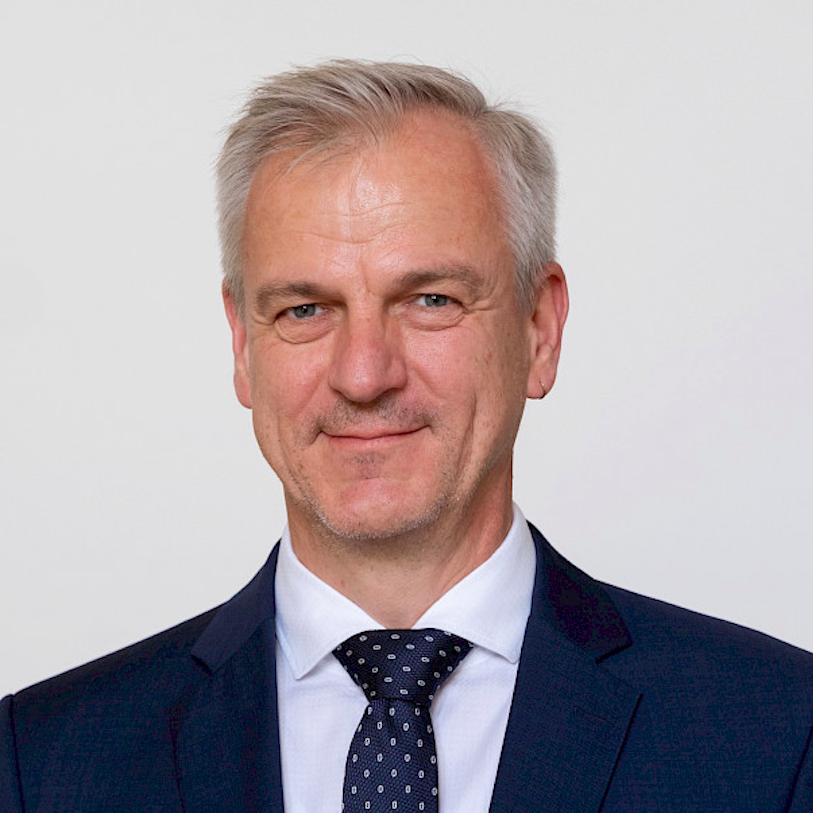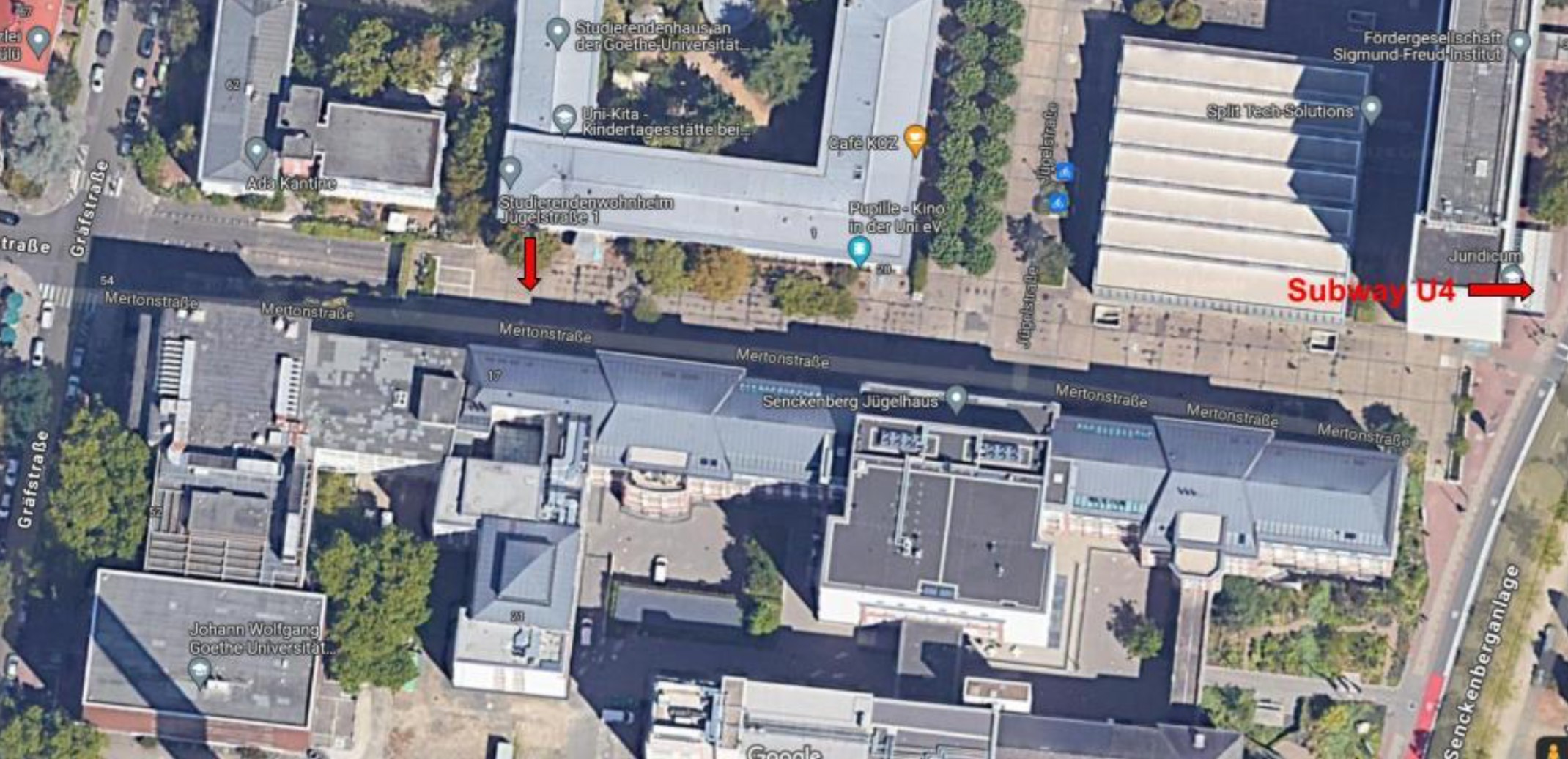
We are at full capacity and no walk-in attendees can join.
Senckenberg, in partnership with the LOEWE Centre for Translational Biodiversity Genomics and the University of Cologne, is hosting a one-day workshop in Frankfurt on November 7, 2024. This event will unite key stakeholders from policy, academia, applied research, civil society, and industry to launch a flagship initiative: the German Network of Life, focused on advancing biodiversity genome sequencing in Germany.
The conference aims to identify shared interests in applying biodiversity genomics across key areas, including conservation genomics, biodiversity footprints, food security, sustainability, public health, climate adaptation, global change, and natural resource management. It will highlight new opportunities for genomics applications. A resulting white paper will emphasize the need for a German biodiversity genomics initiative, outlining its benefits and proposing a plan for its establishment across sectors.

Invited Speakers

Harris Lewin
Earth Biogenome Project UC Davis

Hugues Roest
Crollius
Institut de Biologie de l’ENS (IBENS)

Nils Stein
Leibniz Institute of Plant Genetics and Crop Plant Research

Ann-Marie Waldvogel
Institute of Zoology,
University of Cologne

Qiye Li
BGI Research,
University of Chinese Academy of Sciences
Program
9:30 AM – 10:00 AM: Arrival & Registration
10:00 AM – 10:15 AM: Welcome Talk – Klement Tockner, Senckenberg Society for Nature Research
10:15 AM – 10.45 AM: Keynote Speech, “The Earth BioGenome Project: Progress and Prospects” – Harris Lewin, Earth BioGenome Project, UC Davis
10:45 AM – 11:10 AM: Primer Talk 1, ATLASea – Hugues Roest Crollius,
ATLASea, DYOGEN, Institut de Biologie de l’ENS (IBENS)
11:10 AM – 11:35 AM: Primer Talk 2, „Genebank genomics and the barley pangenome“ – Nils Stein,
Leibniz Institute of Plant Genetics and Crop Plant Research
11:35 AM – 12:05 PM: Coffee break
12:05 PM – 12:30 PM: Primer Talk 3 – Ann-Marie Waldvogel, Institute of Zoology, University of Cologne
12.30 PM – 12.55 PM: Primer Talk 4 – Qiye Li, BGI Research, University of Chinese Academy of Sciences
12.55 PM- 1:45 PM: Lunch
1:45 PM – 2.00 PM: Workshops introduction
2:00 PM – 3:30 PM: Workshops incl. coffee
3:30 PM – 4:00 PM: Wrap-up
4:00 PM – 4:15 PM: Roadmap
4.15 PM: End
Workshop Descriptions
1. Biodiversity genomics for conservation, biodiversity footprints
Biodiversity genomics is a powerful tool for nature conservation, offering precise genetic insights into species and their populations. It reveals genetic diversity and how species adapt to environmental changes, providing crucial data to mitigate the negative impacts of human activities on biodiversity. This knowledge helps reduce our biodiversity footprint by guiding more informed decisions. Genomics also produces the necessary genomes for species identification in biomonitoring, enabling the use of advanced techniques like environmental DNA to assess ecosystem health and track entire species communities. By delivering comprehensive, data-driven monitoring at both species and ecosystem levels, genomics equips policymakers to implement more effective, science-based conservation strategies.
2. Biodiversity genomics for food security, public health and natural resources
Biodiversity genomics is a game-changer for the food and health industries, offering cutting-edge solutions to enhance food security, improve public health, and unlock valuable natural resources. By decoding genetic diversity in crops, livestock, and their wild relatives, genomics enables the development of resilient, high-yield varieties that can withstand pests, diseases, and environmental challenges like drought and temperature shifts. In public health, it provides critical insights into the genomes of disease vectors such as mosquitoes and ticks, allowing for more precise monitoring and control strategies to curb the spread of diseases. Furthermore, biodiversity genomics identifies genes responsible for producing high-value compounds, such as new medicines and industrial enzymes, driving innovation in biopharmaceuticals and sustainable agriculture. By harnessing the power of genomics, industry partners can accelerate the discovery of natural products, improve supply chain resilience, and lead advancements in health and agriculture.
3. Biodiversity genomics for adaptation and resilience in face of anthropogenic global change
Focused for environmental managers and governmental partners: Biodiversity genomics plays a crucial role in fostering adaptation and resilience to anthropogenic global change by revealing the genetic mechanisms that help species adjust to rapidly shifting environments. By studying the (holo)genomes of organisms thriving under extreme or changing conditions, scientists can pinpoint genes responsible for stress tolerance, disease resistance, and climate adaptability in response to threats like rising temperatures, altered precipitation, and pollution. These insights can be used, through techniques like CRISPR, to enhance these adaptive traits in keystone species, bolstering ecosystem stability. Genome sequencing of endangered species enables the creation of “digital arks,” preserving genetic diversity that may otherwise be lost, and providing essential resources for future genetic rescue efforts. Biodiversity genomics even supports the potential de-extinction of species by reintroducing key traits into living relatives through gene editing.
Contact Information
In case you have any problems, you can always contact Luigi de Gaudenzi (+49 162 1510793) or Miklos Balint (+49 176 97638880) directly.
Logistics
The address is Mertonstrasse 17, the arrows in the picture show the two visitor entrances to the building.
https://maps.app.goo.gl/foyYUzEvQ14VHq84A

Below you can find some information about using public transport to reach the institute from the main station, in case you will not stay in a nearby Hotel. Information about tickets can be found here: https://www.rmv.de/c/en/tickets/your-ticket/tickets-overview/day-tickets.
You have two possibilities to get to the institute from the main station, these connective trains usually leave every few minutes:
- U-Bahn/ subway line 4 in the direction of Bockenheimer Warte, this is also the exit. Follow the station exit signs for ‘Senckenberg Museum’ and you will be headed in the right direction (~500).
- Tram/ streetcar lines 16 (direction Ginnheim) or 17 (direction Rebstockbad), they start on the street in front of the main entrance of the main station. Exit here is the Ludwig-Erhard-Anlage, then it is about 400 m, just behind the Marriott Hotel.